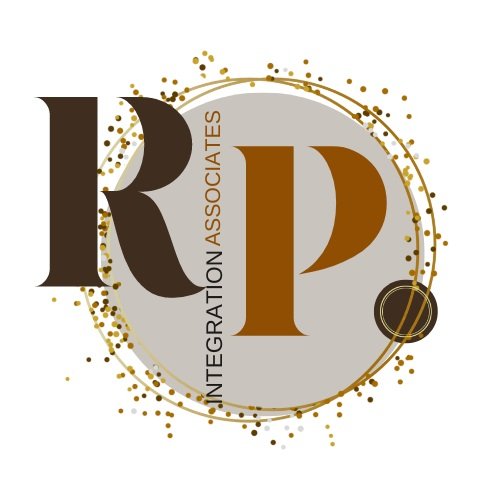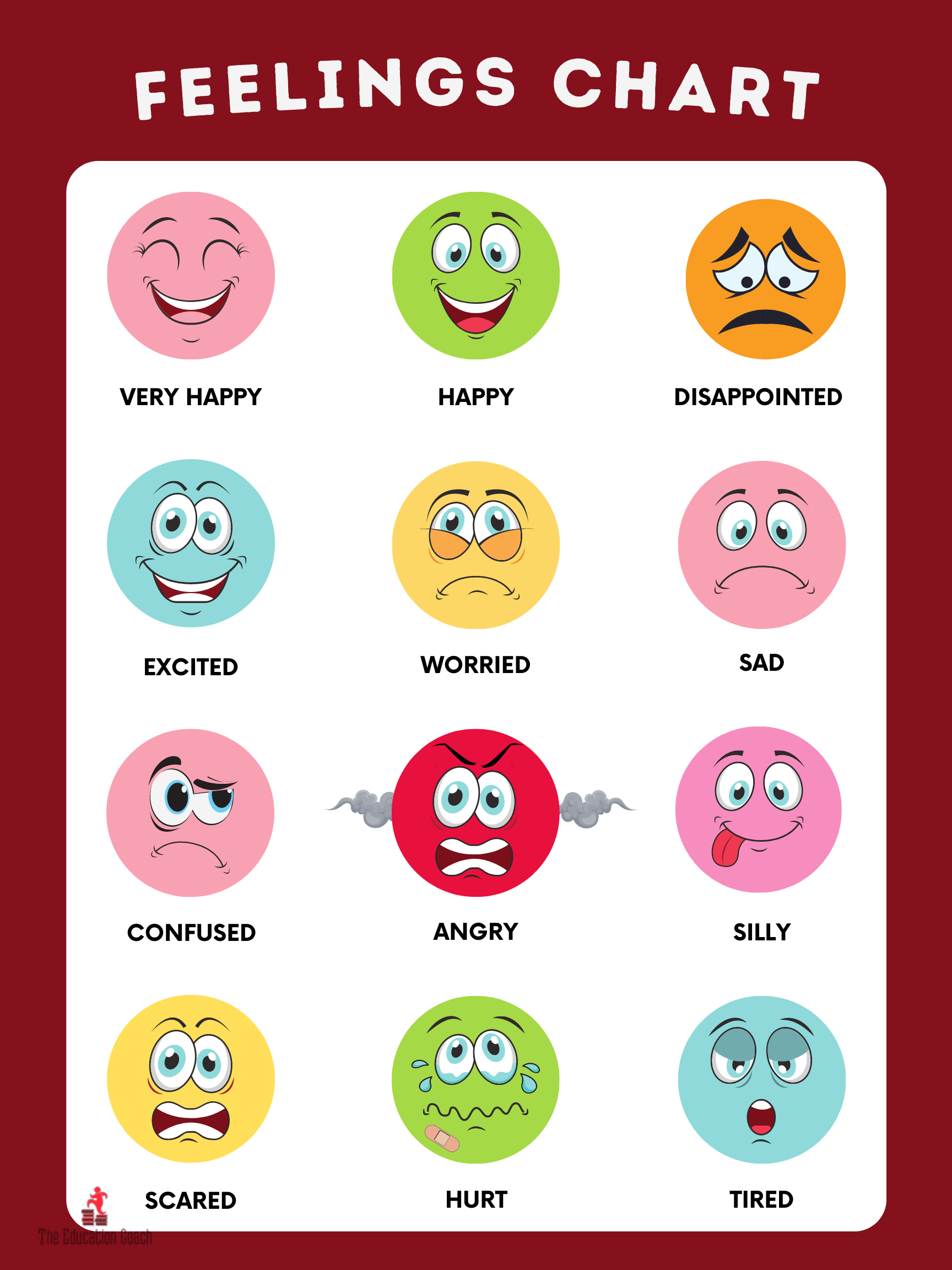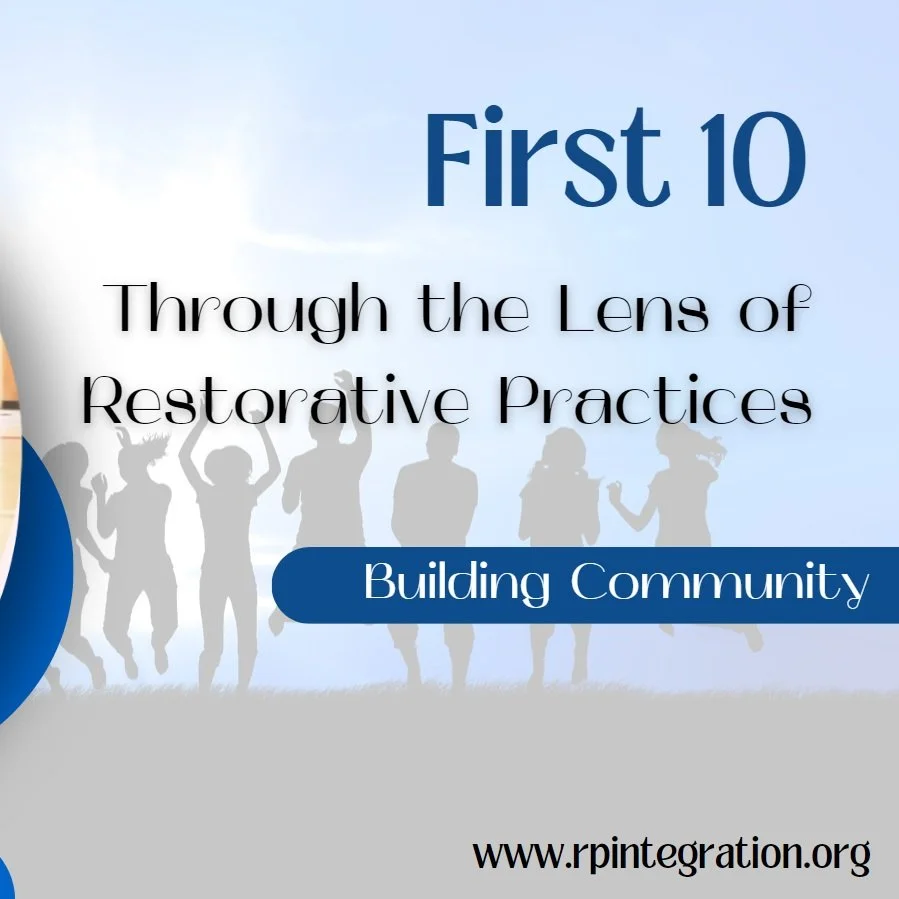Restorative Practices Integration Associates Resources
Restorative Practices Integration Associates Resources
Restorative Practices Integration involves a full assessment and restructuring of your community, workplace or academic institution engagement, systems and culture. Many organizations and academic communities operate within transactional and punitive systems. These systems have produced ineffective work production, disparate performance outcomes, disproportionate disciplinary action and conflict with multiple layers of resentment that impacts the entire community.
Restorative Practices integration will help you and your team repair relationships, restructure systems to produce equitable outcomes, heal and grow through conflict.
Restorative Practices Integration entails:
Re-visioning
Training
Implementation
Coaching & Mediation
Direct Services
Evaluation
Resources below
Circle Talk Posters
Every circle should end with affirmations and acknowledgements. This poster can be used with adults and students to share various forms of acknowledgements. When we share positive observations with community members, they feel seen and heard, generating a sense of belonging and value.
Click on the order button below to get your own Circle Talk Shout Outs poster.
Checking In - Feelings Posters
Every circle should start by “calling in” all voices. This poster can be used with adults and students to share how they are feeling and their energy levels. This information supports the community by informing everyone how each individual is feeling. We can’t assume that every community member is feeling the way we are feeling or that they are doing well. It is not only important to ask but the information we receive can inform us on how to engage with each person every day. This poster also helps us to articulate more clearly and specifically what we are feeling.
Click on the order button below to get your own Check In Feelings poster.
Silent Check In
Every circle should start by “calling in” all voices. Establish the need to hear from all voices. If you have people in the room who do not want to share vocally you can use this Four Finger Check In poster that can be used with adults and students to share how they are feeling and their energy levels. This information supports the community by informing everyone how each individual is feeling. It is not only important to ask but the information we receive can inform us on how to engage with each person every day. You can also use this information to transition to verbal input if you notice your community is getting more comfortable sharing verbally. You can ask, “Please share your name, pronouns and share why your are a two today.”
Click on the order button below to get your own Check In Feelings poster.
First 10 (Days or Weeks) Through the Lens of Restorative Practices
Start the school year off right by engaging in community building and restorative dialogues that will demonstrate to your new community what their experience will be in your classroom. The beginning of the school year is the most conducive and meaningful time to invest time in building relationships, identifying needs and establishing norms and expectations for one another.
It is recommended that for lower grades K - 3 you take it slow and introduce each theme weekly or monthly. With older students, less time to delay academic instruction and prior knowledge related to character building tools you can implement the first 10 days or weeks.
This tool is comprised of an easy to use slide deck, an instructional guide for each theme and a rich compilation of resources and activities with simple instructions.
Please do not replicate materials or share the product link.
Please support us by referring colleagues to our site to purchase their own or purchase the link in bulk to share with staff and others.




